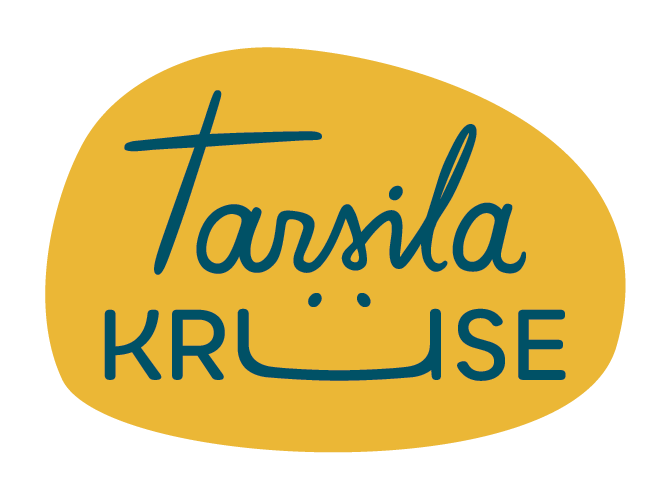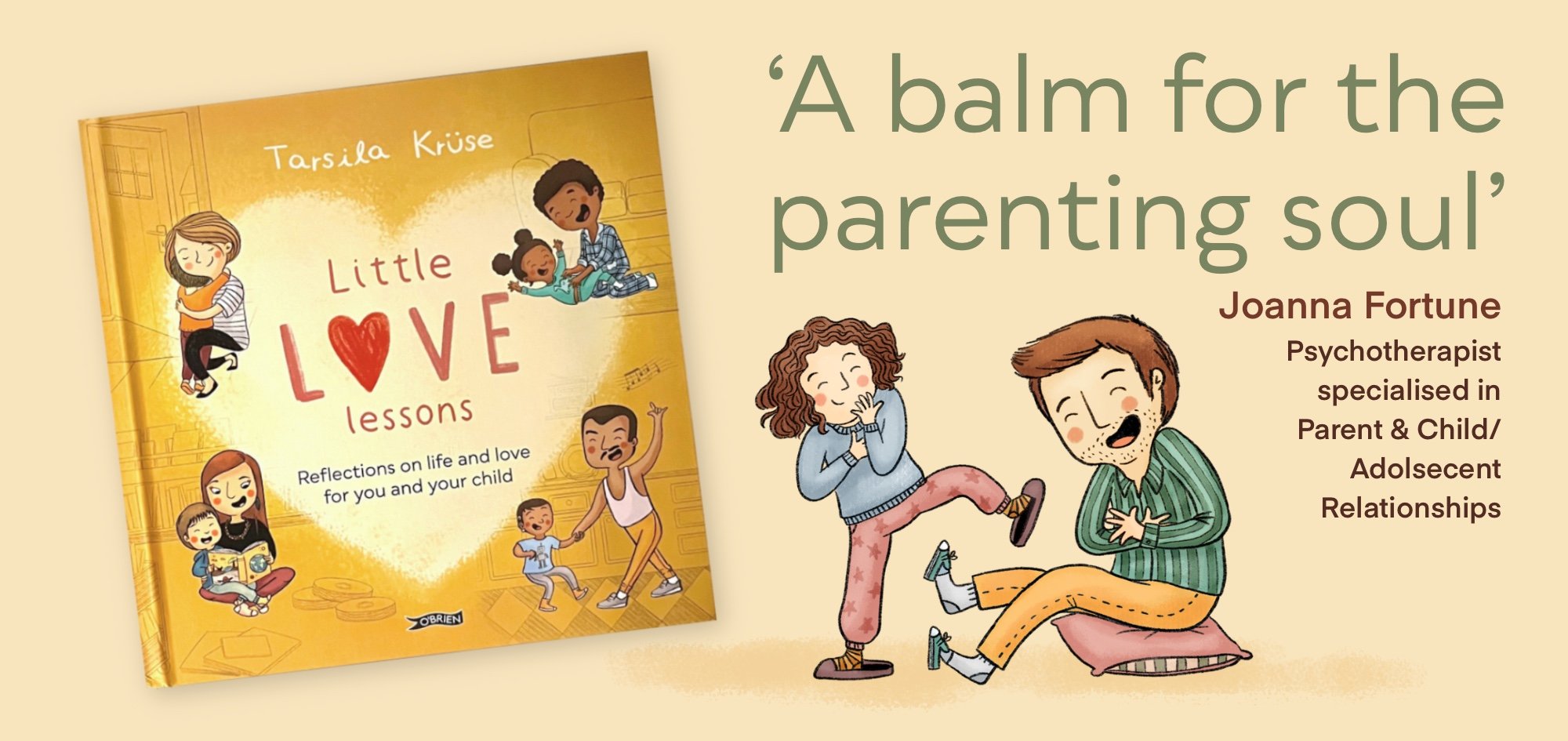Receiving book reviews is always a pleasure, and it's no different with my latest book, Little Love Lessons. This is my first published book as an author, and although it is in a picturebook format that can be read with children, it mainly focuses on adults.
I was thrilled when I learned that Children's Books Ireland had asked the amazing Louise Gallagher to review Little Love Lessons - Reflections on Life and Love for You and Your Child.
Below is a sneaky peek, if you want to read the full review, click here.
“This is a book rooted in love, but also in the struggles that being a parent can bring. In twelve double-spreads, Krüse gives short snippets of advice about important moments to focus on and treasure. She points to physical affection, finding joy in the little things, enjoying music together, expressing creativity and your feelings, as some of the ways to connect and enhance the relationship you have with your child.”
A quietly brave and important book that should be read by every new parent.”
- Louise Gallagher
I such a kind review. Thank you, Louise and Children's Books Ireland.














